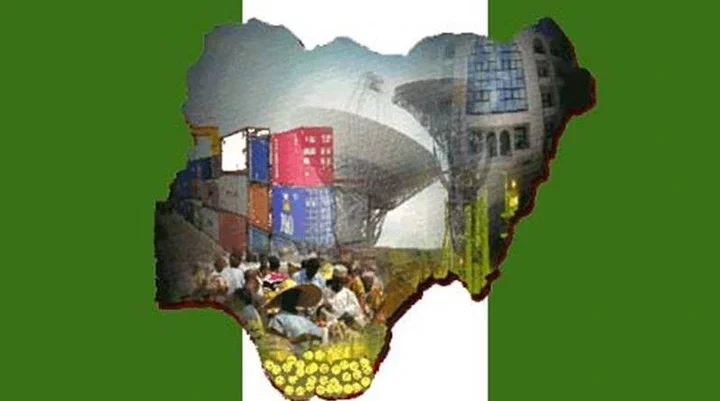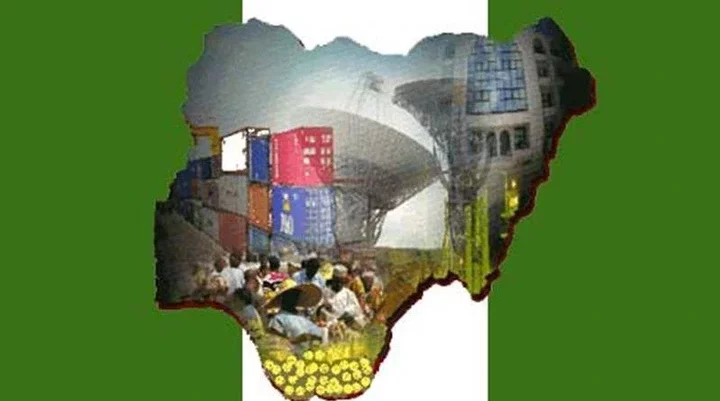[ad_1]

As Nigeria steps into 2025, the year just past stands as one of profound challenges. The country’s economic troubles, compounded by rising insecurity and widespread disillusionment, have made 2024 a year of deep frustration for many. Yet, with a new year comes an opportunity for renewal and a chance to build a more hopeful future, if the lessons of the past are embraced.
The government’s handling of critical economic issues, such as the removal of fuel subsidies and hikes in electricity tariffs, has sparked significant unrest. These decisions left many Nigerians grappling with even higher living costs. Public protests became a focal point for this discontent, though they were often met with heavy-handed responses. Amid such difficult circumstances, the state of public trust has been severely tested. However, as much as 2024 highlighted the deficiencies in governance, it also underscored the resilience and spirit of the Nigerian people.
Throughout the year, the country’s security situation also worsened, with incidents of kidnapping, violent crimes, and widespread insecurity affecting daily life. The increase in violence, from organized criminal activities to tragic events like deadly stampedes during charity distributions, served as a stark reminder of the vulnerability of ordinary citizens. As insecurity deepens, the ability of law enforcement agencies to respond effectively remains a critical issue. Though efforts have been made to address these challenges, there remains a long road ahead.
Despite these challenges, Nigeria’s resilience shines through in its people. Across the country, communities continue to rally for justice and better governance, often against the odds. While the road to recovery is undoubtedly steep, the capacity for change lies in the engagement of citizens, the strength of civil society, and a commitment to ensuring that the government’s policies are responsive to the real needs of the people.
Looking forward to 2025, there is reason to hope. It is clear that without substantial policy reform, tangible action to address security concerns, and a concerted effort to rebuild trust in the government, the country’s progress will remain hindered. However, the government has an opportunity to make meaningful changes by addressing the concerns of the public, investing in infrastructure, ensuring greater transparency, and prioritizing the safety and wellbeing of every Nigerian.
The year ahead presents an opportunity for the leadership to correct course and show that Nigeria is, indeed, capable of overcoming its current troubles. For the Nigerian people, the new year is not just a time to reflect on past challenges, but a chance to demand better, work toward unity, and take part in shaping a stronger and more secure nation.
With collective effort, thoughtful leadership, and a commitment to justice, 2025 could bring about much-needed transformation. It is a time to renew hopes for a Nigeria that reflects the strength, resilience, and potential of its people.
[ad_2]
Source link







